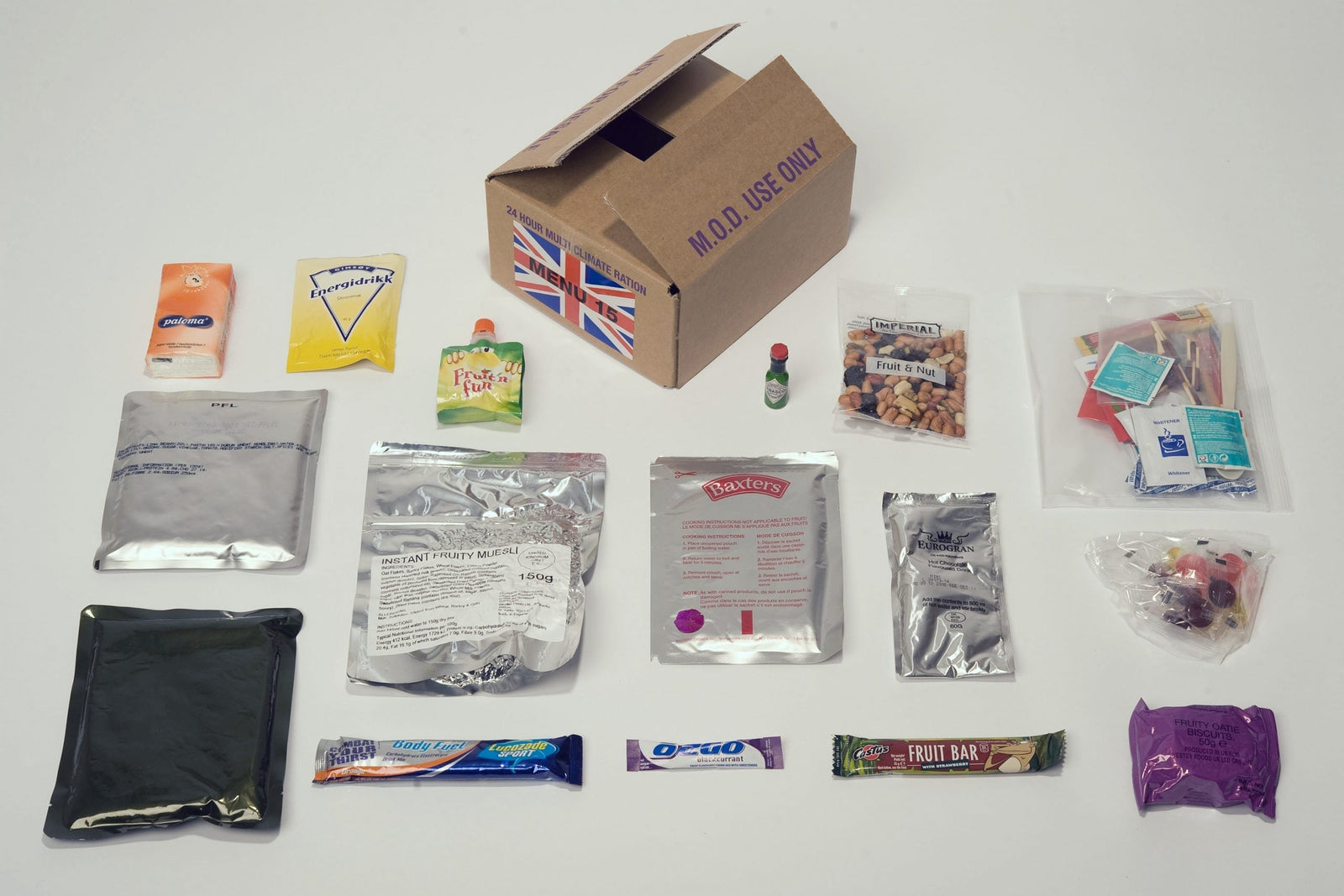8 TIPS TO HELP YOU EAT FOR PERFORMANCE

On the same level as improving your sleep habits, working on improving your nutrition can support and enable the biggest performance increases from your training. Nutrition can seem like a highly complicated area to work on due to the amount of seemingly conflicting information available and due to this athletes will frequently just revert back to eating the same way they always have done.
However, if you do what you’ve always done, you’ll get what you’ve always got and when you start making small consistent changes to your nutrition you’ll see better results from the effort you’re putting into training.
Much like sleep, nutrition is very habit based and because of this it is always better to start with small changes that you can easily achieve day in day out. Once you have hit these for multiple days you can make more small alterations. All of these changes will have a compounding affect on your wellbeing, body composition and performance.
In this article we’re going to break down the basics of nutrition and start to look at what it means to fuel your body for performance. What we mean by eating for performance is; “A diet that is sufficient to fuel the desired volume and intensity of workouts, maximise recovery, and maintain an optimal body composition”. In other words eating enough that you make progress in your training and your performance won’t suffer in your workouts, but not so much that you put on unwanted weight.
Calories and Macronutrients:
We’re going to briefly breakdown what calories, protein, carbohydrates and fats are and discuss their use and importance in the body.
Calories
What exactly is a calorie? Simply put, a calorie is a unit of energy and can be defined as the amount of heat needed to raise the temperature of one gram of water by one degree Celsius in a bomb calorimeter. The different types of macronutrients have standard amounts of calories. One gram of protein has 4 calories. One gram of carbohydrates has 4 calories. One gram of fat has 9 calories and one gram of alcohol is generally considered to have 7 calories.
Calories are the single biggest factor in determining weight loss or gain or performance improvements versus performance deterioration. They are not to be feared or ignored as they can give us valuable information on why performance isn’t increasing, body composition isn’t changing. There’s nothing wrong with having important insight into how you’re fuelling your body and your training.
That being said, while it’s beneficial to have any idea of what you’re taking in energy wise, the calorie method is inherently inaccurate due to having an almost innumerable amount of variables associated with it and can consume too much of your time in the micromanagement of small details that in the long run will make very little difference.
Protein
Protein is made up of amino acids. Amino acids are often referred to as the building blocks of life and are compounds that play many critical roles in your body.
There are two types of amino acids:
- Essential aminos that cannot be synthesised by your body and therefore need to be taken in via food intake.
- Non-essential aminos that your body can make itself.
Each gram of protein is equal to 4 calories, so a chicken breast with 30g of protein will be roughly 120 calories (remember calories aren’t an exact science). Since your body needs proteins and amino acids to produce important molecules in your body – like enzymes, hormones, neurotransmitters, and antibodies – without an adequate and consistent protein intake, your body won’t function well at all. Protein helps replace worn out cells, transports various substances throughout the body, and aids in growth and repair.
The amount of protein that you should be consuming daily should be roughly 1 gram per pound of body weight. So a 100kg person should be consuming around 220 grams of protein a day. If you have a higher body fat percentage you can work from lean body weight rather than overall body weight.
Getting protein from real foods instead of supplements, shakes or powders will leads to a better satiety, decreased overall appetite and fewer cravings. Most liquid protein will only leave you satisfied as long as the mixture is in your stomach. On the other hand, full digestion of solid food can take many hours to complete. Protein intake from real food also produces less ghrelin (your hunger signally hormone) as opposed to carbohydrate or fat.
We can get protein from multiple sources such as meat, fish, eggs, dairy products, seeds, nuts, beans and legumes. Animal based proteins provide a more complete amino acid profile but you can achieve a complete protein intake from non animal based foods but the emphasis needs to be placed on the amino acid leucine in particular. Variety is key in both instances as there are many micronutrients (vitamins and minerals) that you can take in via multiple sources.
Fats
Fats are composed of organic molecules containing carbon and hydrogen atoms joined together in long groups called hydrocarbons and are sources of our essential fatty acid intake. The arrangement of these hydrocarbon chains will determine the fat type.
There are three different types of fats we get from our diet:
- Saturated Fat – Butter, cream, animal fats, cheese, coconut
- Monounsaturated Fat – Nuts, avocado, egg yolks
- Polyunsaturated Fat – Seeds, oils, fish oils
We can also have trans fats which is a fat that has been altered through a process called hydrogenation. This process increases the self life of the fat and makes it much harder at room temperature. We mainly find trans fats in process foods, margarines, cookies, crisps etc.
We need adequate fat intake to support metabolism, cell signalling, the health of various body tissues, immunity, hormone production, and the absorption of many nutrients. Having enough fat will also help keep you feeling fuller between meals due to its affect on your hunger hormones.
Intake for our community can be anywhere between 0.5 to 1gram per kilogram of body weight. Variety is again key here as we need a balance of all three types of fat with an emphasis being placed more on the quality of fats you are ingesting rather than hitting a specific value each day. Ideally we should avoid consuming high quantities of trans fats in our diet as this has been shown to elicit negative health effects for little to no benefit. For our community daily fat intake should be on the lower end of the scale as majority of the fuel intake should come from carbohydrate sources.
Carbohydrates
Carbohydrates can be separated into two categories:
- Simple – Sugar, fruits, fruit juices, cakes, milk.
- Complex – Whole grains, rice, quinoa, potatoes, bread, pasta.
Simple carbohydrates are smaller, more easily processed molecules known as mono and disaccharides since they contain either one or two sugar molecules. Complex carbohydrates are called polysaccharides since they have more than two sugar groups.
All carbohydrates we consume are broken down into monosaccharides or simple sugars before they’re absorbed by the body. This is regardless of whether the food source is simply sugar or a high fibre bowl of oats. The difference is that complex or “healthier carbs” are digested and absorbed much slower due to having to be broken down by enzymes and digestion and will leave you feeling fuller for longer while the “non-healthy” or simple carbohydrates are digested very quickly. Also good to note that slower digesting carbohydrate sources are usually higher in micronutrients and fibre.
Once broken down and absorbed they will initially go to the liver to fill energy stores and after that will go to other cells in the body to be used immediately or stored for later. Carbohydrates are the primary source of immediate energy for all of your body’s cells and should be the focus of eating for performance for our community. Generally speaking, if adhering to the roughly amounts of each other macro listed above, the remainder should come from carbohydrate sources.

Putting it together:
For our community, a balanced intake of macronutrients is going to be the best option rather than fully eliminating or strictly limiting any of them. Always keep in mind that the goal is to be great at your job and have a high performance, not to be bogged down by having to overthink and meticulously calculate your nutrition. Your diet at the moment can be taken as your ‘maintenance’ dietary intake (unless you are currently getting much heavier or much lighter). Good nutrition should be calibrated from your current intake, so think about replacing foods rather than removing loads at once.
Always start by working out and hitting your protein intake each day. Spread it out over how ever many meals you are comfortable with (note that meal frequency may not play much of a role in body composition but it does factor in to maintaining your energy levels and keeping you fuelled for consistent training sessions throughout the week).
After protein make sure you’re eating vegetables and fruit with every meal. This increase of micronutrients and fibre will aid in recovery and repair from arduous training and your overall health and longevity. After this the ratio of fats to carbohydrates should be leaned more towards carbohydrate intake purely from a performance point of view.
Make sure you’re eating as much food from single ingredient sources as possible but allow yourself the freedom to enjoy yourself with food and drink from time to time rather than being completely restrictive.
In summary our basic nutritional advice would be:
- Eat for performance, not for aesthetics (the aesthetics will come if you focus on performance).
- Always eat to support your goal and your job.
- Eat a lot of vegetables and fruit to keep your micronutrients high.
- Make sure you’re eating sufficient protein (1g/lbs body weight) from various high quality sources. If you need to drop some fat mass then calculate 1g/lbs of lean body weight.
- Eat single ingredient, whole food sources as often as you can.
- Fill your diet with a balance of fats and carbohydrates with more of an emphasis on carbohydrate intake for performance.
- Allow yourself some freedom with foods and drink from time to time.
- Remember that nutrition is all about consistency and the long game rather than 12 week burst or faddy diets.




